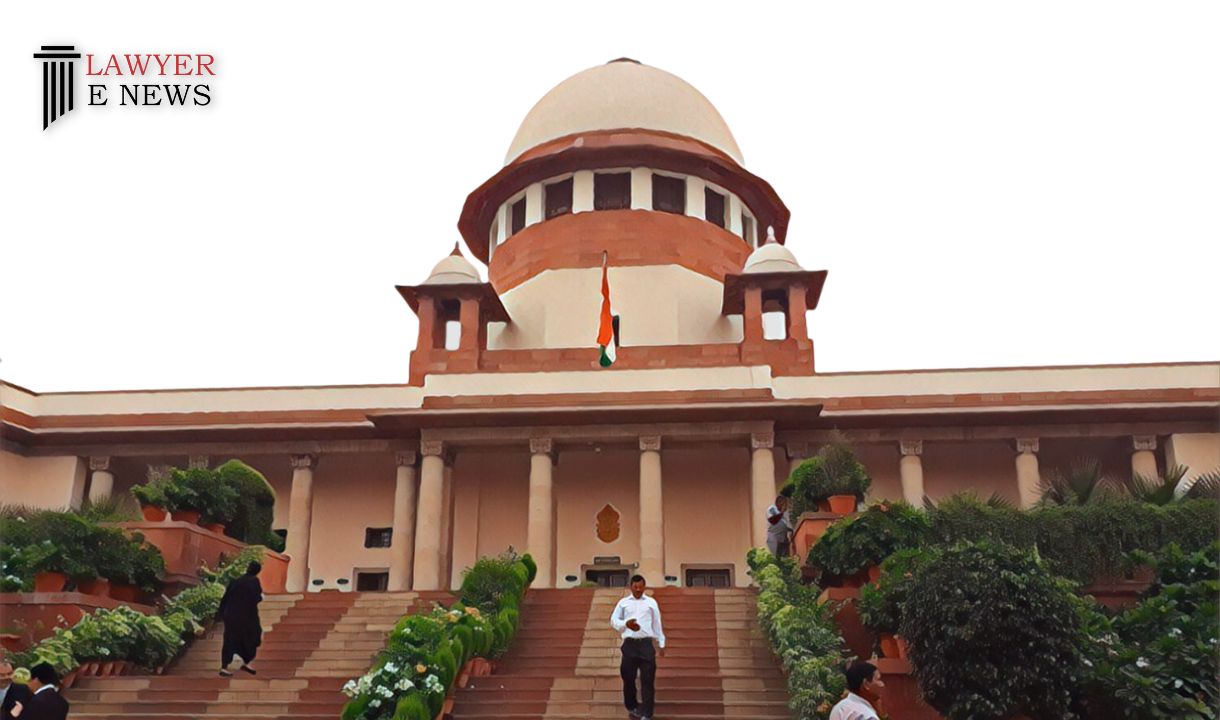-
by sayum
14 February 2026 2:22 PM



On 3 Oct. 2023 , the Supreme Court of India has issued a groundbreaking judgment that underscores a crucial principle in employment disputes. The verdict emphasizes that acquittal in criminal proceedings does not automatically lead to acquittal or discharge in departmental proceedings, highlighting the distinct nature and objectives of both legal processes.
The ruling stemmed from an employment dispute brought before the Supreme Court. The case involved the interpretation of clause 4 of the Memorandum of Settlement dated 10th April 2002, which raised questions about whether it bars departmental proceedings when criminal proceedings for similar offenses are pending against an employee.
The bench of Hon'ble Justices Hrishikesh Roy and Sanjay Karol meticulously examined the legal aspects of the case. They clarified that acquittal in criminal proceedings should not be seen as conclusive evidence of innocence in departmental matters. The judgment underscores that the two proceedings—criminal and departmental—are entirely different in nature, operate in different fields, and serve different objectives.
The Supreme Court's decision reaffirmed that departmental proceedings can continue even if an individual has been acquitted in a criminal case related to the same allegations. The court stressed that the standard of proof, mode of inquiry, and rules governing these two types of proceedings are significantly distinct and separate.
The judgment also highlighted that the completion of trial in criminal cases should occur within a reasonable timeframe. It should not be used as a tactic to indefinitely stall departmental proceedings. Additionally, the court mentioned that departmental proceedings should not be unduly and unjustly delayed.
This landmark judgment has far-reaching implications for employment disputes in India, providing clarity on the relationship between criminal and departmental proceedings. It emphasizes that each case must be considered individually, taking into account various factors, and that acquittal in criminal proceedings does not automatically shield an employee from disciplinary actions in their workplace.
Date of Decision: October 3, 2023
STATE BANK OF INDIA & ORS. vs P. ZADENGA
